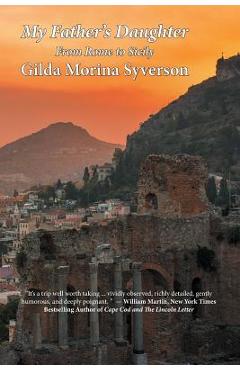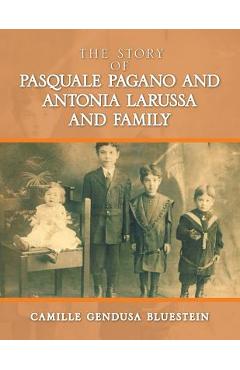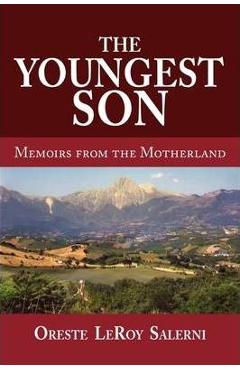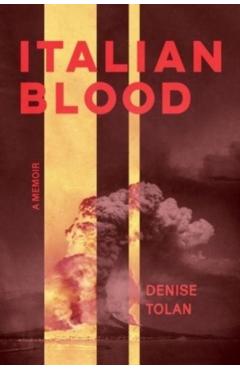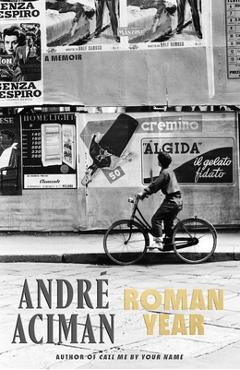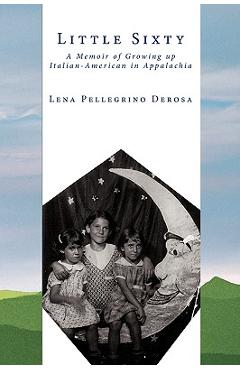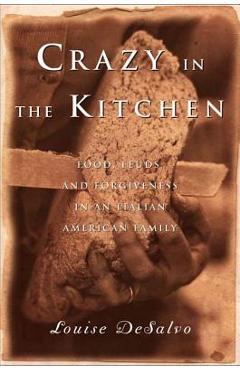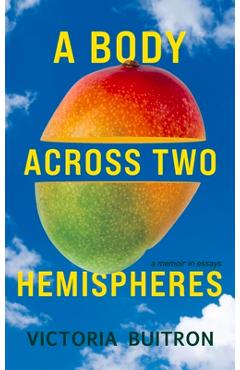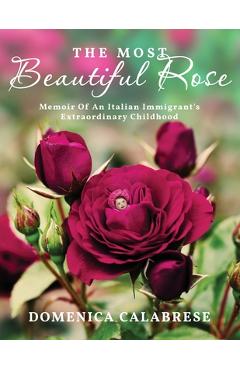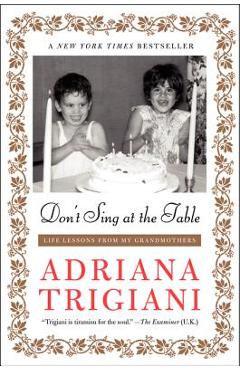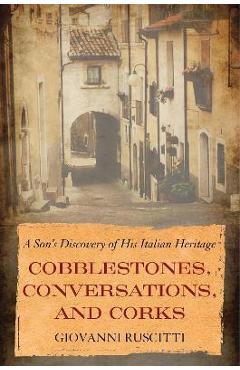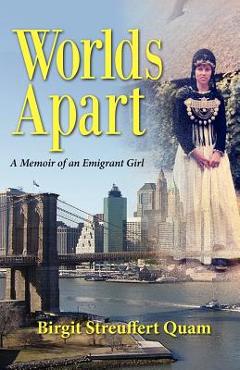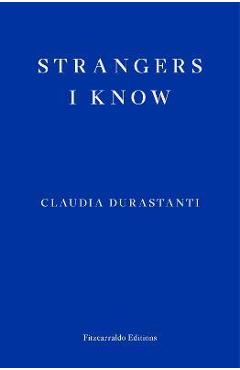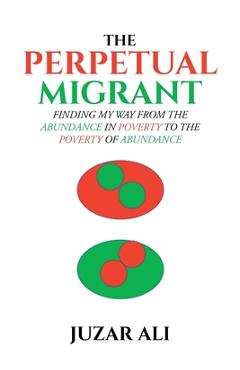When I Am Italian
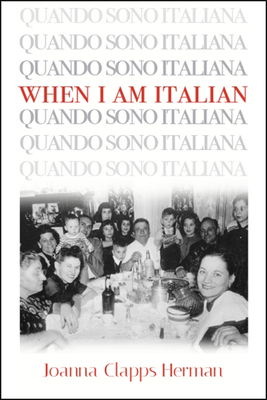
When I Am Italian
"My ancestral Italian village in America was in Waterbury Connecticut." In this sentence, Joanna Clapps Herman raises the central question of this book: To what extent can a person born outside of Italy be considered Italian? The granddaughter of Italian immigrants who arrived in the United States in the early 1900s, Herman takes a complicated and nuanced look at the question of to whom and to which culture she ultimately belongs. Sometimes the Italian part of her identity--her Italianit --feels so aboriginal as to be inchoate, inexpressible. Sometimes it finds its expression in the rhythms of daily life. Sometimes it is embraced and enhanced; at others, it feels attenuated. "If, like me," Herman writes, "you are from one of Italy's overseas colonies, at least some of this Italianit will be in your skin, bones, and heart: other pieces have to be understood, considered, called to ourselves through study, travel, reading. Some of it is just longing. How do we know which pieces are which?"
"My ancestral Italian village in America was in Waterbury Connecticut." In this sentence, Joanna Clapps Herman raises the central question of this book: To what extent can a person born outside of Italy be considered Italian? The granddaughter of Italian immigrants who arrived in the United States in the early 1900s, Herman takes a complicated and nuanced look at the question of to whom and to which culture she ultimately belongs. Sometimes the Italian part of her identity-her Italianit -feels so aboriginal as to be inchoate, inexpressible. Sometimes it finds its expression in the rhythms of daily life. Sometimes it is embraced and enhanced; at others, it feels attenuated. "If, like me," Herman writes, "you are from one of Italy's overseas colonies, at least some of this Italianit will be in your skin, bones, and heart: other pieces have to be understood, considered, called to ourselves through study, travel, reading. Some of it is just longing. How do we know which pieces are which?"
"My ancestral Italian village in America was in Waterbury Connecticut." In this sentence, Joanna Clapps Herman raises the central question of this book: To what extent can a person born outside of Italy be considered Italian? The granddaughter of Italian immigrants who arrived in the United States in the early 1900s, Herman takes a complicated and nuanced look at the question of to whom and to which culture she ultimately belongs. Sometimes the Italian part of her identity-her Ital
PRP: 217.91 Lei
Acesta este Pretul Recomandat de Producator. Pretul de vanzare al produsului este afisat mai jos.
196.12Lei
196.12Lei
217.91 LeiLivrare in 2-4 saptamani
Descrierea produsului
"My ancestral Italian village in America was in Waterbury Connecticut." In this sentence, Joanna Clapps Herman raises the central question of this book: To what extent can a person born outside of Italy be considered Italian? The granddaughter of Italian immigrants who arrived in the United States in the early 1900s, Herman takes a complicated and nuanced look at the question of to whom and to which culture she ultimately belongs. Sometimes the Italian part of her identity--her Italianit --feels so aboriginal as to be inchoate, inexpressible. Sometimes it finds its expression in the rhythms of daily life. Sometimes it is embraced and enhanced; at others, it feels attenuated. "If, like me," Herman writes, "you are from one of Italy's overseas colonies, at least some of this Italianit will be in your skin, bones, and heart: other pieces have to be understood, considered, called to ourselves through study, travel, reading. Some of it is just longing. How do we know which pieces are which?"
"My ancestral Italian village in America was in Waterbury Connecticut." In this sentence, Joanna Clapps Herman raises the central question of this book: To what extent can a person born outside of Italy be considered Italian? The granddaughter of Italian immigrants who arrived in the United States in the early 1900s, Herman takes a complicated and nuanced look at the question of to whom and to which culture she ultimately belongs. Sometimes the Italian part of her identity-her Italianit -feels so aboriginal as to be inchoate, inexpressible. Sometimes it finds its expression in the rhythms of daily life. Sometimes it is embraced and enhanced; at others, it feels attenuated. "If, like me," Herman writes, "you are from one of Italy's overseas colonies, at least some of this Italianit will be in your skin, bones, and heart: other pieces have to be understood, considered, called to ourselves through study, travel, reading. Some of it is just longing. How do we know which pieces are which?"
"My ancestral Italian village in America was in Waterbury Connecticut." In this sentence, Joanna Clapps Herman raises the central question of this book: To what extent can a person born outside of Italy be considered Italian? The granddaughter of Italian immigrants who arrived in the United States in the early 1900s, Herman takes a complicated and nuanced look at the question of to whom and to which culture she ultimately belongs. Sometimes the Italian part of her identity-her Ital
Detaliile produsului











